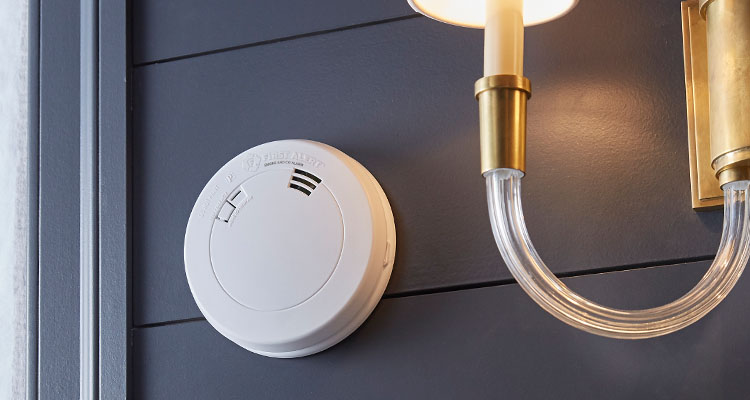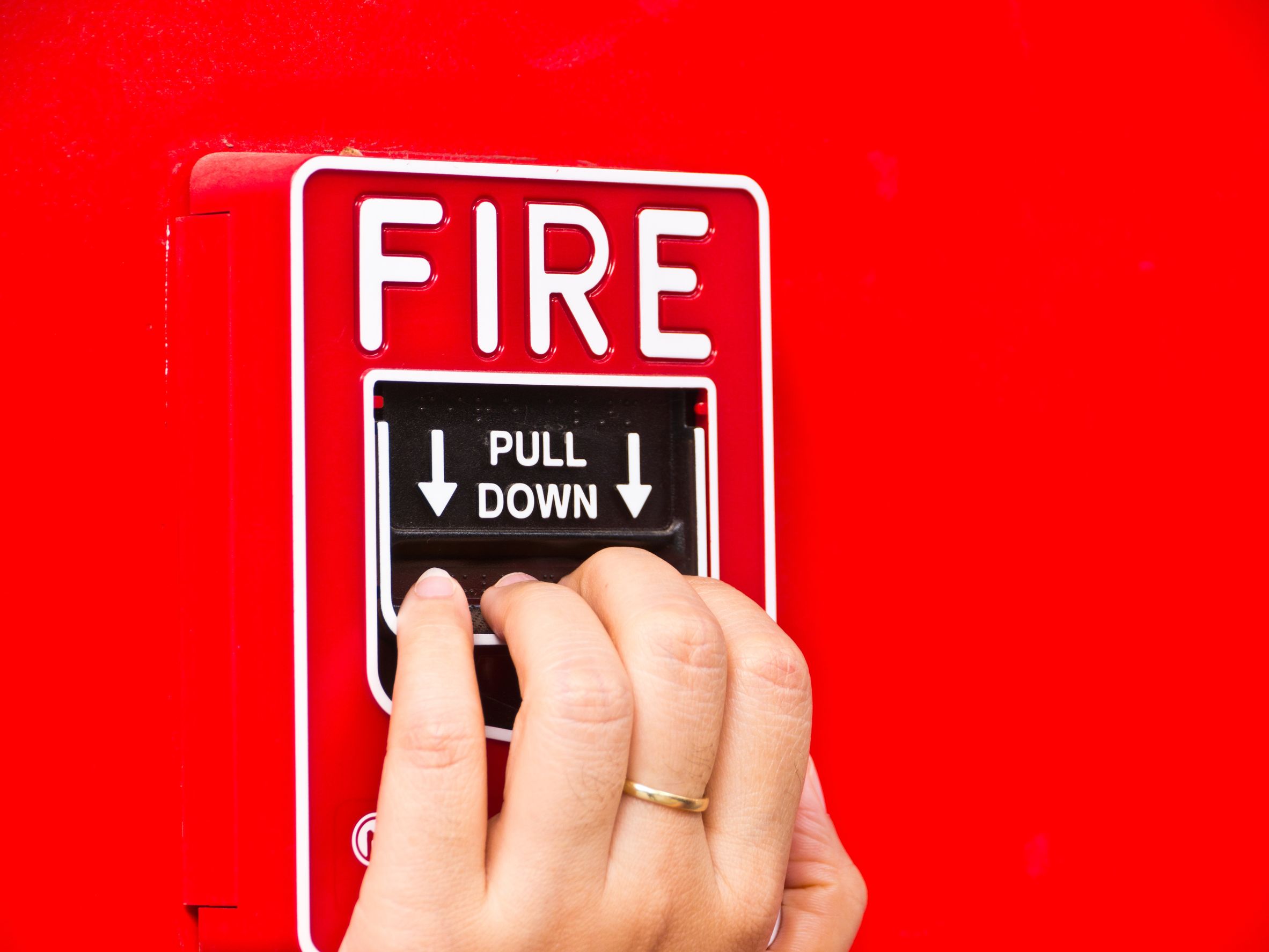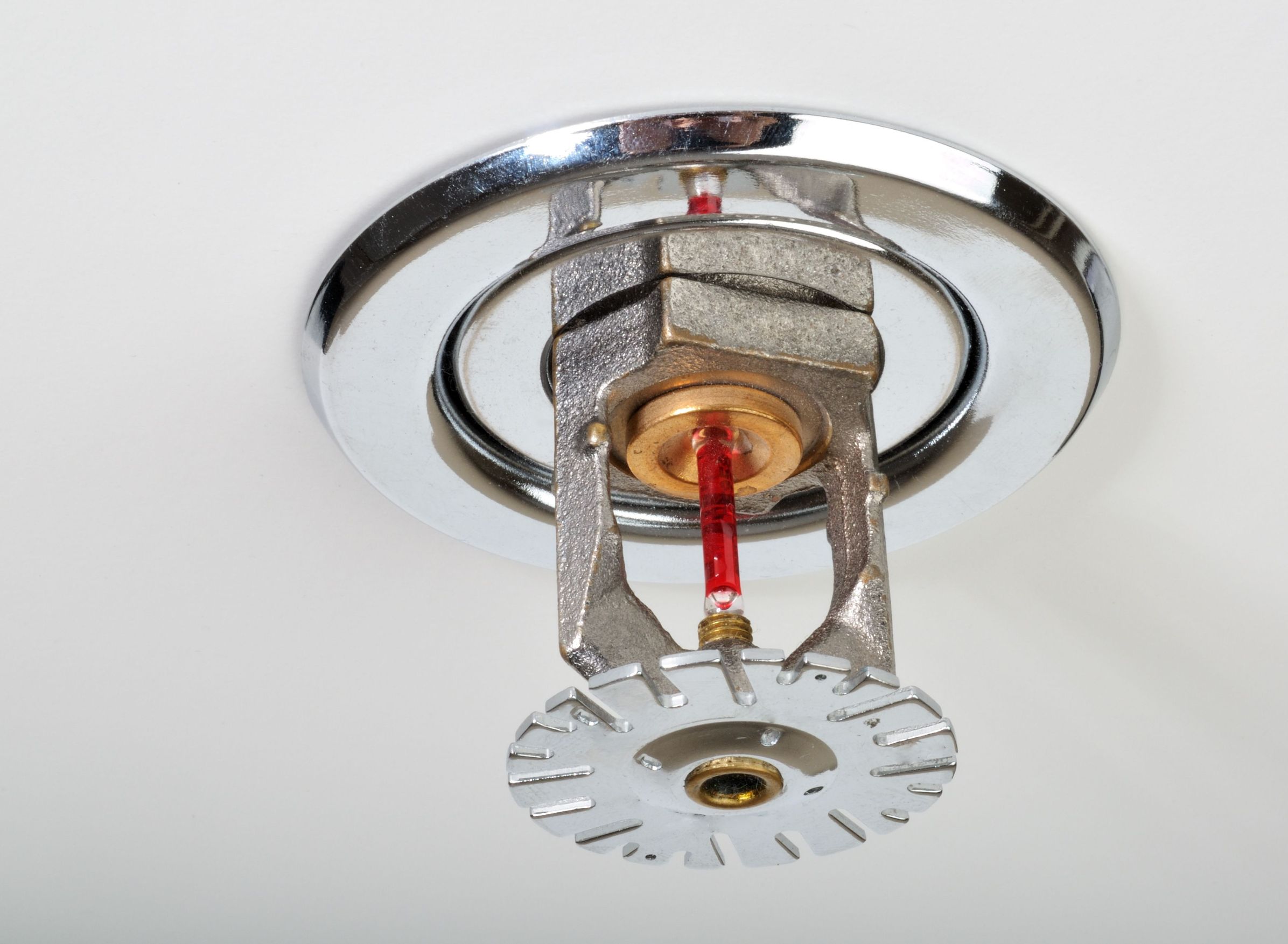If your home was the subject of a break-in, you are probably living on pins and needles. You do not know whether the perpetrators will come back, and you might be worried that your current architectural hardware in Long Island is not sufficient to protect your family.
To increase security have a break-in, you will need high security locks for all exterior doors and windows. Better locks will provide you with more peace of mind as well as a stronger barrier against anyone who might want to enter your home illegally.
The best locks are manufactured by well-known brands and given the highest rating (Grade 3) by the American National Standards Institute (ANSI). It is also important to work with a reputable dealer who can advise you about the best exterior locks for your home.
Many homeowners leave spare keys in their kitchen junk drawers or on pegs in their entryways. If the person who broke into your home took a spare key, he or she can enter your home again whenever the mood strikes. Replacing or rekeying your locks is the best way to prevent that outcome.
You will also want to make sure your doors and windows are architecturally sound. For example, if your front door is not a solid-core model, you might want to replace it with a solid-core door that will withstand kicking and other assaults.
Another way to increase security after a break-in is to install a panic room. This is a separate area of your home with its own high security lock. They have access to separate telephone lines so you can call for help, and their exterior walls are typically bullet proof.
If you aren’t ready for a panic room, make sure your home is equipped with an alarm system as well as appropriate architectural hardware in Long Island. Modern features often include compatibility with your cell phone, integrated CCTV cameras, and wireless technology.
The important thing is to help your family feel safe again after a break-in. Updating architectural hardware, alarm systems, panic rooms, and video surveillance are all excellent tools that might prevent the same experience from happening again in the future.


